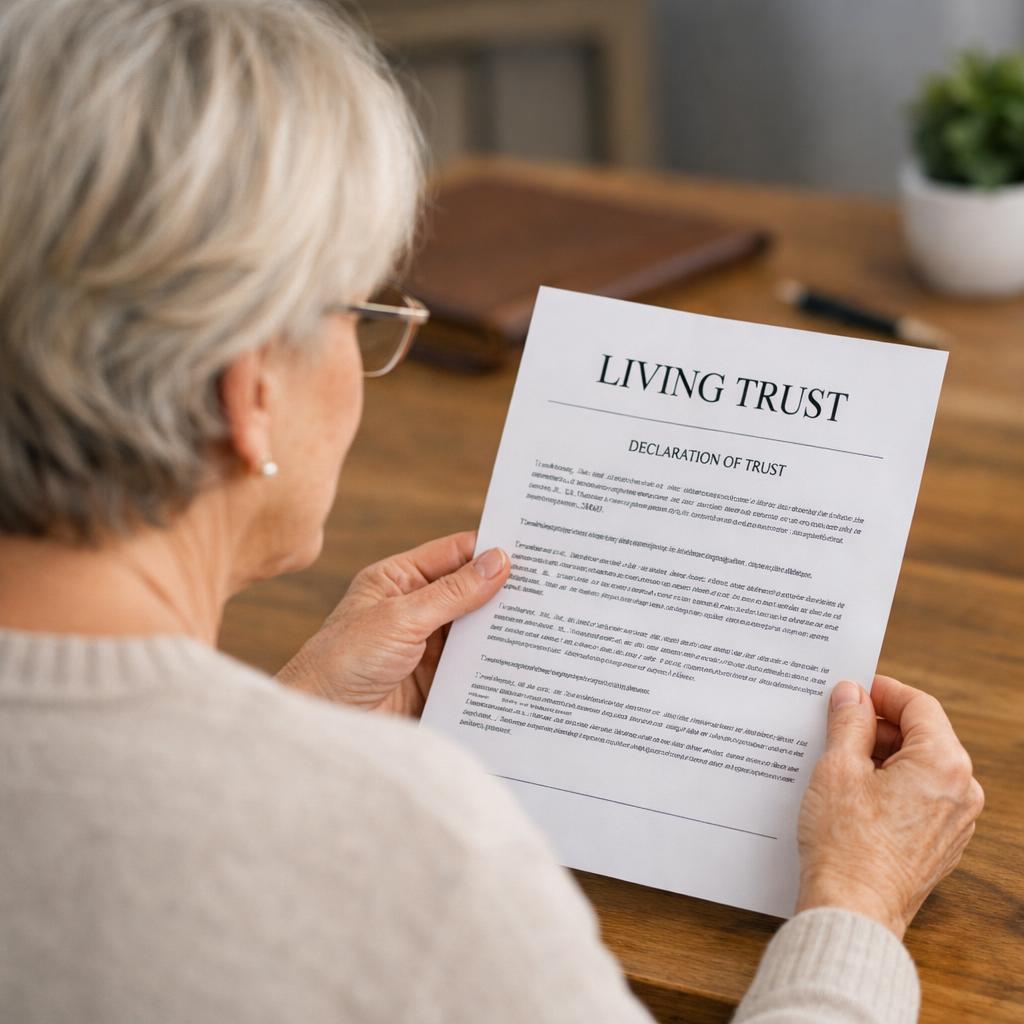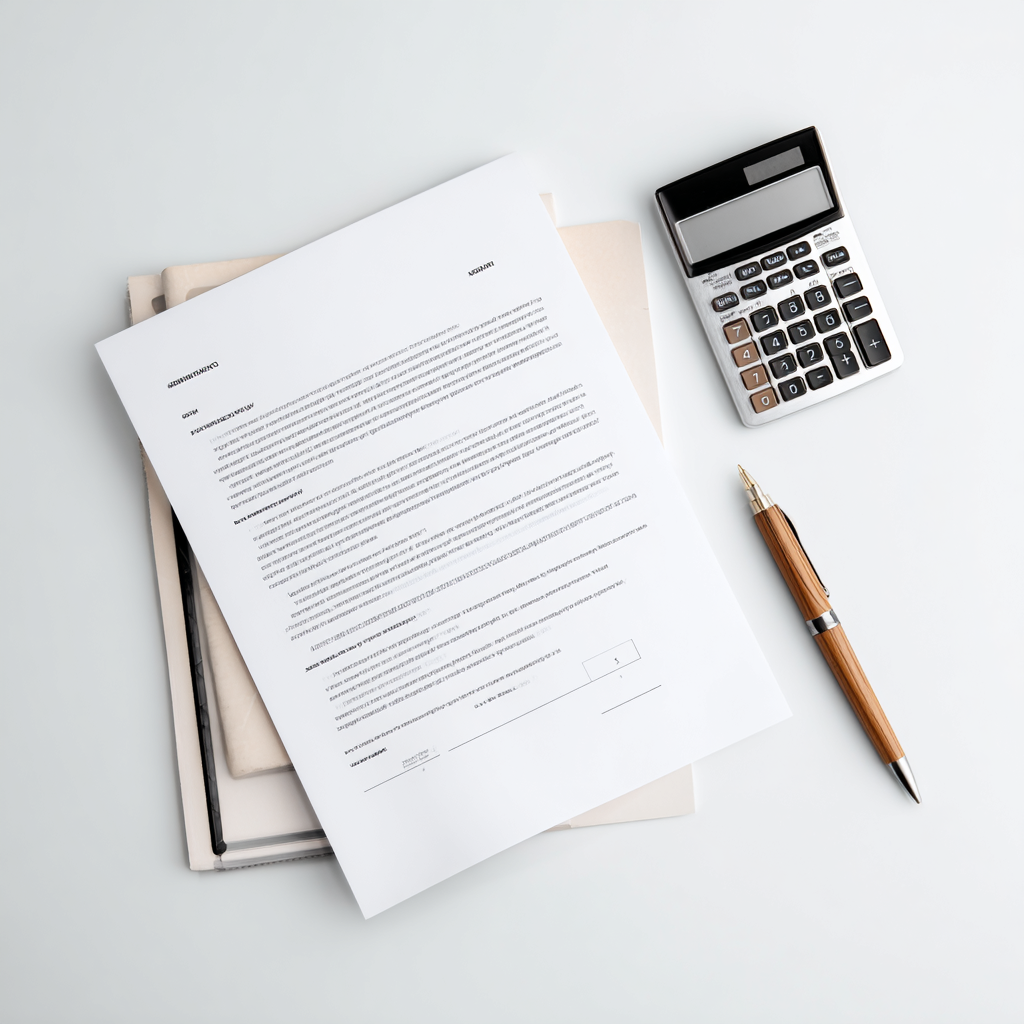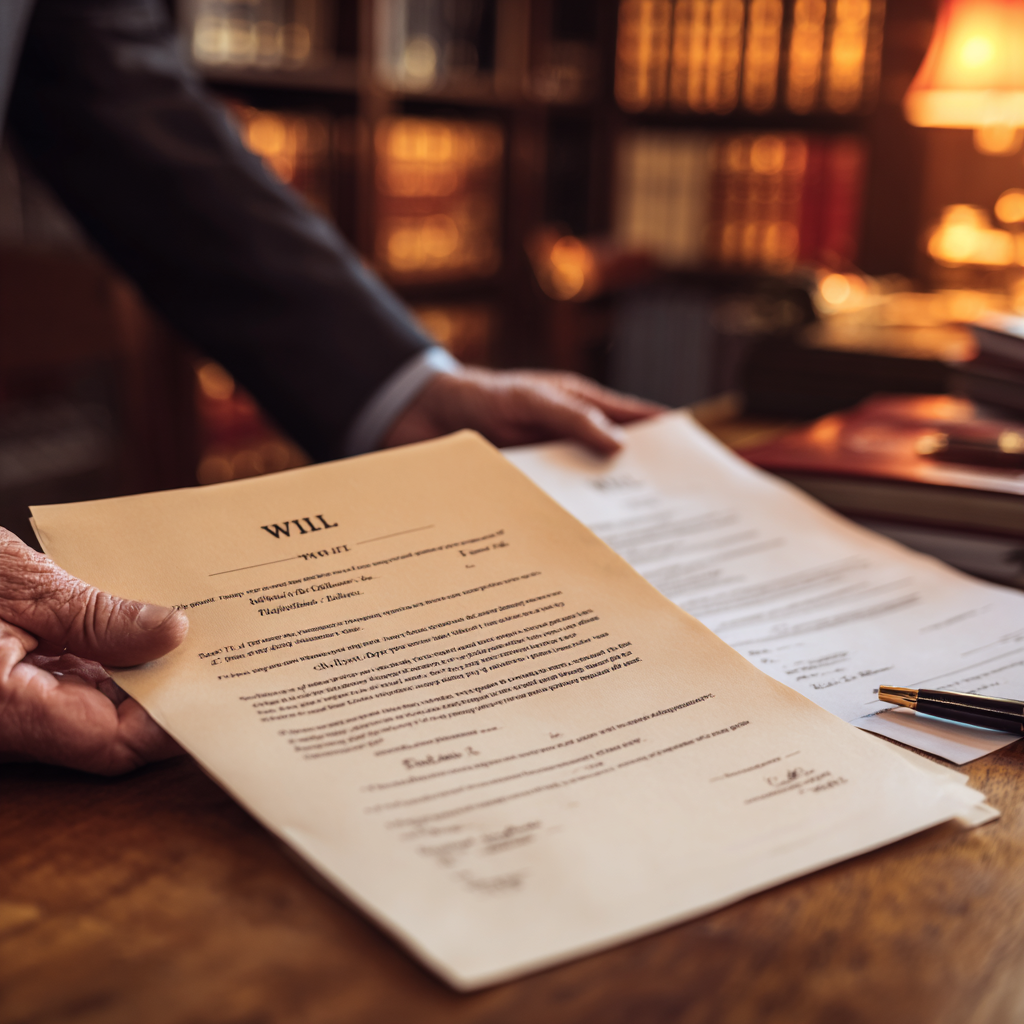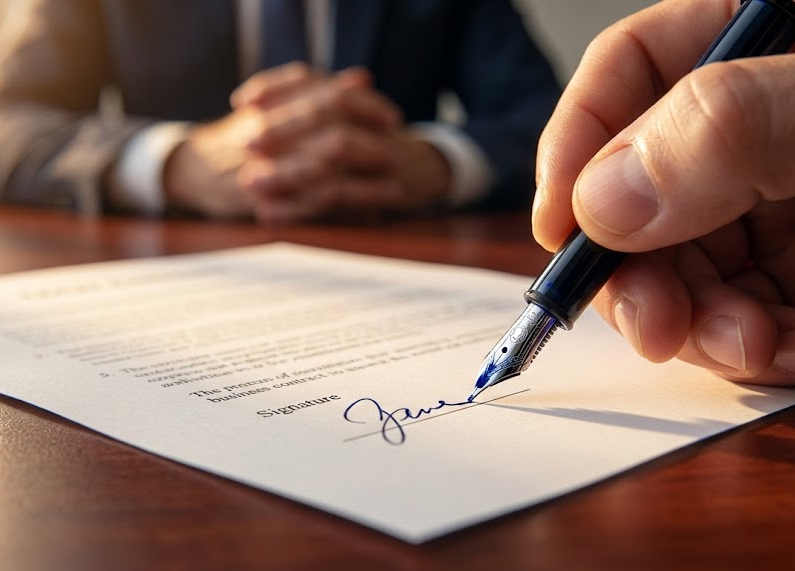For many couples, a marriage certificate is more than a legal document – it’s a symbol of commitment and a gateway to shared milestones. Yet, navigating the process of how to obtain a marriage certificate can feel overwhelming, especially amid the demands of modern life.
But no worries. This article demystifies the steps to secure a marriage certificate, offering you clarity on eligibility, application methods, and common challenges. You will also discover with us how some modern solutions, like our mobile notary services, streamline related legal processes and ensure peace of mind during life’s pivotal moments.
How to obtain a marriage certificate: understanding the importance of such document
A marriage certificate serves as official proof of a legal union, required for tasks like updating identification, managing joint finances, or applying for spousal benefits.
Unlike a marriage license, which authorizes the ceremony, the certificate is issued after the wedding and filed with local authorities. Its significance extends to legal proceedings, such as inheritance claims or immigration applications, where marital status must be verified.

In the U.S., each state manages marriage records independently. Florida, for instance, maintains certificates through county clerk offices or the Bureau of Vital Statistics. This decentralized system means procedures vary, but core principles remain consistent nationwide.
How to obtain a marriage certificate: a step-by-step process
- Identify the Correct Issuing Office
Marriage certificates are typically held by the vital records office in the state or county where the marriage occurred. For domestic unions, this could be a county clerk’s office or state health department. International marriages may require contacting the country’s embassy or the U.S. State Department for records predating 1989. - Verify Eligibility and Gather Documentation
Only specific individuals can request a copy: the spouses, their immediate family, or legal representatives. Valid government-issued ID (e.g., driver’s license, passport) is mandatory. Some jurisdictions may require additional proof, such as a notarized affidavit or court order, particularly for third-party requests. - Choose an Application Method
Online: Many states, including Florida, offer secure portals for digital requests. Websites like USA.gov provide direct links to state-specific systems, streamlining the process with instant submissions and credit card payments.
Mail: Download forms from the issuing office’s website, include a photocopy of your ID, and send via tracked mail. Processing times average 2–6 weeks.
In-Person: Ideal for urgent needs, this method allows same-day pickup in some counties. Fees range from $10–$30, with expedited services available for an extra charge. - Await Processing and Delivery
Turnaround times vary: online requests often resolve within days, while mailed applications take longer. Expedited options, though costlier, prioritize urgent cases. Always confirm receipt and track shipments to avoid delays.
Common challenges you might face (and their solutions)

Navigating the complexities of marriage certificates often involves addressing logistical hurdles, legal discrepancies, or international complications. Below are expanded insights into common challenges and actionable solutions to streamline the process.
Lost or damaged certificates
Losing a marriage certificate or discovering damage can disrupt legal processes like visa applications, name changes, or estate planning. Most jurisdictions provide straightforward replacement procedures.
For example, Florida residents can submit a request to the Bureau of Vital Statistics via mail, online portals, or in-person visits. Applicants typically need to provide proof of identity, details about the marriage (date, location, spouses’ names), and a nominal fee (10–30).
Processing times vary but often take 1–4 weeks. For older records, some states require additional steps, such as contacting the county clerk’s office where the marriage was originally registered. To avoid delays, keep digital scans or notarized copies in a secure location.
Name discrepancies
Mismatched names between a marriage certificate and government-issued IDs (e.g., driver’s licenses, passports) are a frequent roadblock. Hyphenations, typos, or post-marriage name changes often cause these issues.
To resolve discrepancies, contact the issuing office to amend the certificate. For minor errors (e.g., misspellings), submitting a notarized affidavit and proof of the correct name (like a birth certificate or prior ID) may suffice.
Significant changes, such as adopting a spouse’s surname post-wedding, might require a court order, particularly if the amendment is requested years later. Proactively ensure all documents reflect your legal name before major transactions – banks, immigration agencies, and employers often demand consistency.
International marriages
Marriages abroad or involving foreign nationals introduce unique challenges. Certificates issued outside the U.S. may need authentication via an apostille or consular certification.

For unions predating 1989, the U.S. State Department’s Certificate of Witness to Marriage Abroad can validate ceremonies performed by U.S. embassy staff. Post-1989 marriages require direct coordination with the foreign country’s vital records office.
Language barriers or unfamiliar legal systems often complicate retrieval; hiring a certified translator or international document service is advisable. Additionally, some countries mandate local registration for marriages to be recognized domestically.
Couples should consult their consulate early to confirm requirements, such as witness affidavits or blood tests, which vary widely by nation.
Read also: Is a notary sufficient for a postnuptial agreement?
The role of notary services in streamlining your documentation
Now you know how to obtain a marriage certificate – but what now?
Well, while obtaining a marriage certificate is straightforward for many, legal complexities can arise. That’s why notary services offer invaluable support by witnessing signatures, verifying identities, and ensuring documents meet state-specific requirements!
For instance, couples needing affidavits for name changes or corrections can benefit from a notary’s expertise without leaving home.
Securing a marriage certificate is a critical step in safeguarding your legal and financial future. By understanding the process and leveraging modern resources – from online portals to mobile notaries – couples can navigate this task with confidence.

In case you live around Central Florida, we here at Mobile Notary Orlando offer certified, reliable services tailored to your needs. We provide 24/7 availability, ideal for last-minute requests or busy schedules. Our role extends beyond notarization – we can also assist with apostilles, loan signings, and even officiating weddings, ensuring all legal facets of marriage are seamlessly addressed.
Whether you require document notarization, guidance on legal forms, or support with international certifications, our team ensures accuracy and convenience. Contact us today to schedule an appointment!






